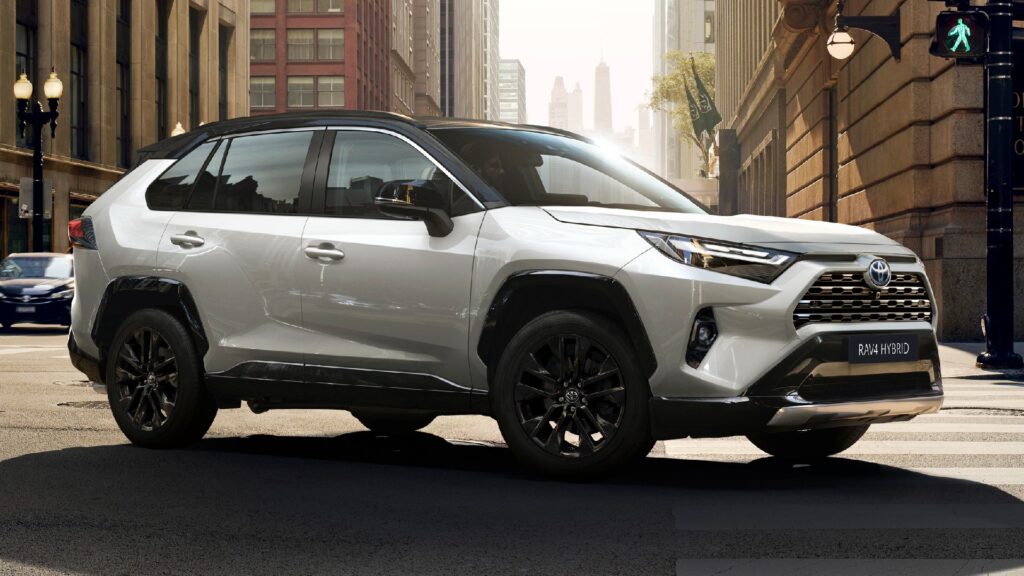
Claim Form Deadline: May 31, 2025
Payout: Pending
Proof Required: Yes
What is the Toyota Camry HVAC System Class Action?
A multi-million dollar class action lawsuit has been settled with Toyota concerning allegations of defective air conditioning systems in certain Toyota Camry models.
The lawsuit addresses complaints about faulty heating, ventilation, and air-conditioning (HVAC) systems in 2012-2015 Toyota Camry vehicles purchased or leased in California. The class action claims these HVAC systems may cause moisture buildup, resulting in unpleasant odors and potential mold growth.
Toyota denies the allegations but has agreed to a settlement to resolve the issue without admitting any wrongdoing.
What is the Total Settlement Amount?
The total settlement amount has not been explicitly disclosed. However, the settlement includes provisions for reimbursing certain out-of-pocket expenses incurred by class members. With attorney fees and expenses totaling $4.45 million, the estimated total settlement fund is projected to be between $9 million and $12 million, based on previous class action settlements.
How Do I Qualify for a Payout?
To qualify for a payout, you must have owned or leased a 2012 to 2015 Toyota Camry XV50 in California before May 31, 2024. You can verify your vehicle’s eligibility using the Vehicle Identification Number (VIN) lookup tool available on the official Toyota Camry air conditioning class action settlement website (linked below).
Which Toyota Camry Models Are Included?
The settlement applies to Toyota Camry XV50 models from 2012 to 2015 purchased or leased in California. The “XV50” refers to Camry models manufactured between August 2011 and August 2020, though only 2012-2015 models are included in this HVAC class action settlement.
How Much Can I Get Paid?
If you qualify, you may be reimbursed for certain reasonable out-of-pocket expenses related to the HVAC system. For expenses incurred on or before May 31, 2024, there is no specified limit. For expenses incurred after this date, reimbursement is capped at $100 for replacing and installing a charcoal filter.
Do I Need Proof to File a Claim?
Yes, you must provide supporting documentation for your claim, including receipts or invoices that detail the out-of-pocket expenses incurred for HVAC system repairs.
How Do I Submit a Claim?
To file a claim for reimbursement of HVAC system expenses in your Toyota Camry, follow these steps:
Online Claim Submission:
- Prepare Documentation: Collect all necessary documents, including:
- Proof of ownership (VIN, make, and model)
- Repair date
- Type of repair (e.g., charcoal filter replacement or evaporator flushing)
- Proof of payment and total amount paid
- Repair facility details (name, address, phone number)
- Go to the Settlement Website: Submit a claim form online via the official Toyota Camry class action website (see links below).
- Fill Out the Claim Form: Provide details about the repairs, including repair date, expense amount, and type of repair.
- Submit the Claim: After completing the form, submit it online. You will receive a Confirmation Code via email for your records.
Important Dates:
- Claims for expenses incurred on or before May 31, 2024, must be submitted by May 31, 2025.
- Claims for expenses incurred after May 31, 2024, are due by:
- May 31, 2025, for Model Year 2012-2013 vehicles
- May 31, 2026, for Model Year 2014-2015 vehicles
Claim Form Website: ToyotaCaliforniaHVACSettlement.com

Please be aware that your claim form will be rejected if it contains fraudulent information. By submitting your information and your sworn statement of its accuracy, you are agreeing to do so under penalty of perjury. Submitting false information not only jeopardizes your claim but also affects others who are genuinely eligible for the settlement. If you are uncertain about your eligibility for this class action settlement, please visit the class action administrator’s website for more information. Note that NoProofClassActions.org participates in the Amazon affiliate advertising program, and this post may include affiliate links, which could result in us earning a commission if you make a purchase through those links.
